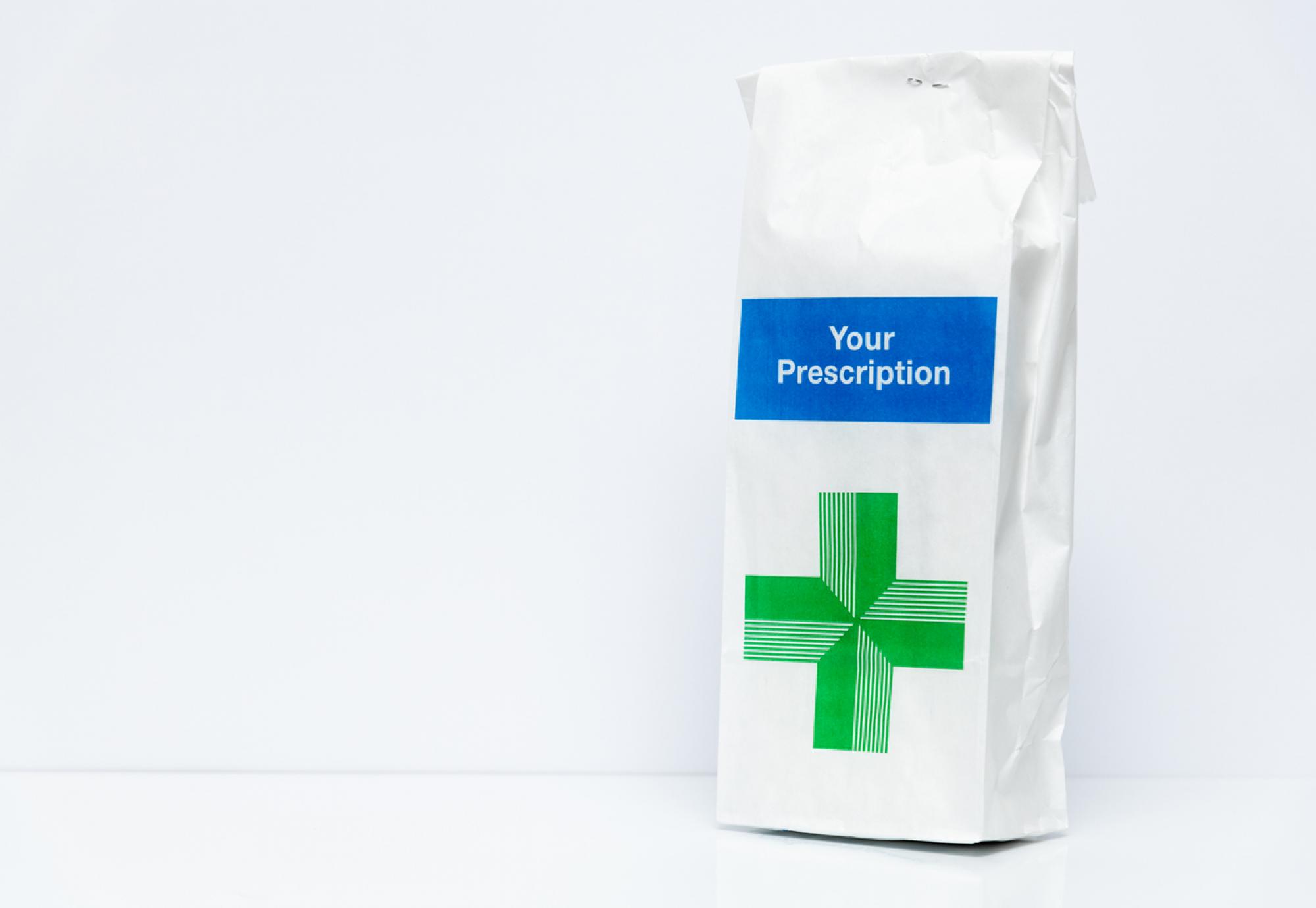In a climate where the NHS has never been under as much pressure, it is critical that we look at every opportunity to take the pressure off NHS workers and ultimately support their ability to enhance patient care. In my experience, paper-based systems for prescription processing are antiquated and need to be replaced, particularly in clinical homecare settings. The issues and concerns around paper-based systems are numerous and have only been exacerbated by staff working from home during the covid-19 pandemic:
Paper-based systems take more time to process and are therefore less efficient, ultimately impacting on patient care. Paper based prescriptions slow down the processing of the prescriptions as they are reliant on the paper copy being available to the correct person at the correct time, i.e. the prescriber, the clinical screening pharmacist, the clinical homecare team and the clinical homecare providers. At each step there is time needed, not only for the activity but to transfer to the next step in the process, which can cause delays leading to potential stress and anxiety to patients.
The process of printing and signing is time consuming, especially as printers are centralised and not near offices, creating bottle necks. This not only poses a risk for misplacement of documents but also represents a time delay for transport. Signed prescriptions in my Trust are often sent across from one hospital to another to the home care pharmacy team, meaning an increased risk of prescriptions being lost in transit. In cases where paper prescriptions get lost, re-prescription is required, impacting the time taken to get medication where it is needed.
Crucially, the audit trail for paper-based prescriptions is less robust than a digitised solution which contains an irrefutable and highly secure record of each transaction. Some pharmacists overcome these problems with diligent spreadsheet management, but this requires a huge investment of our time, which, with a wealth of digitisation opportunities available, just isn’t an effective use of our resources.
In terms of sustainability, we all know that paper-based systems place a greater strain on the environment and yet we continue to print hundreds of documents each day. The need to adopt a more environmentally friendly solution is becoming a higher priority, particularly as the NHS has committed to reaching net zero by 2040, with an ambition to reach an 80% reduction by 2028 to 2032. Digitisation of prescriptions can play a significant role in helping us get there.
Recently, the University Hospitals of Leicester NHS Trust participated in an industry initiative spearheaded by the NCHA (National Clinical Homecare Association) to participate in the adoption of a digital approach to prescription processing, using E-Sign, a highly secure electronic document management solution.
The key benefits of using such a platform include:
Operational advantages
The key structural benefit provided by the E-Sign platform was efficiency across providers- with reduced prescription processing time and an excellent and clear audit log. The overall project achieved a reduction in prescription process time from two days to two hours, representing a total 80% reduction. Qualitatively, staff reported an improved audit log and reduction in delays due to multiple staff being assigned to prescriptions in case of absence. The system was easy to set up and amend which is important as we need to be able to easily amend workflows as staff start and leave.
Improvements to NHS staff experience
Our staff adopted the digitised solution very easily. I had planned training sessions with checkers within the pharmacy team, but in the end, this was not required as the process was so straightforward and easy to follow. If digitisation was adopted by all homecare providers across the board, it would have even more benefits, with everyone on the same page.
Regulatory compliance
Meeting NHS and individual trust requirements in relation to Information Governance and Security. Using a digitised prescription system reduces the risk of paper prescriptions being lost during the process, where patient data can inadvertently be disclosed to staff not involved in their care, ensuring patient, personal and sensitive information is legally, securely, efficiently and effectively managed in order to deliver the best possible service. E-Sign brought together best practice (policies and procedures, training) and current legislation and worked to the most up to date quality and security standards.
Environmental benefits
Sustainability and Social Value is becoming increasingly important on the NHS agenda. The overall project we participated in achieved a 9,172kg CO2 equivalent reduction over 12 months (inclusive of paper and envelopes), which is the equivalent of 510 trees that can work on reducing carbon dioxide emissions from other sources. If digitisation solutions were adopted more widely, imagine how much of a contribution this could make towards NHS sustainability goals.
Financially beneficial
The overall project created £95,324.44 annual savings from kWh reduction, based on mailing. With NHS purse strings under more pressure than ever before, prescription digitisation represents a ‘quick win’ when it comes to cutting our cloth more tightly.
Improvements to patient safety and care
As healthcare professionals, our ultimate aim is always patient-centred care. The digitisation process can reduce turnaround and waiting times, mitigate the risks of prescriptions being lost and therefore has a better outcome for patients. Furthermore, the process helps healthcare providers to focus their time on delivering better patient care.
Barriers to entry on the adoption of digitisation platforms include clinical homecare providers being at different stages of their IT maturity. There is also the issue of different software and systems needing to ‘talk to each other’ which is a bigger challenge in the overall NHS digital transformation journey.
Whilst the NHS are developing an electronic prescribing solution, digital document management platforms like E-Sign offer a key interim solution which provides healthcare workers with real tangible benefits: labour saving, time saving, more security and fewer prescriptions floating around by post. We are now able to free more people up from shuffling paper to adding value and focusing on delivering care for patients.


















